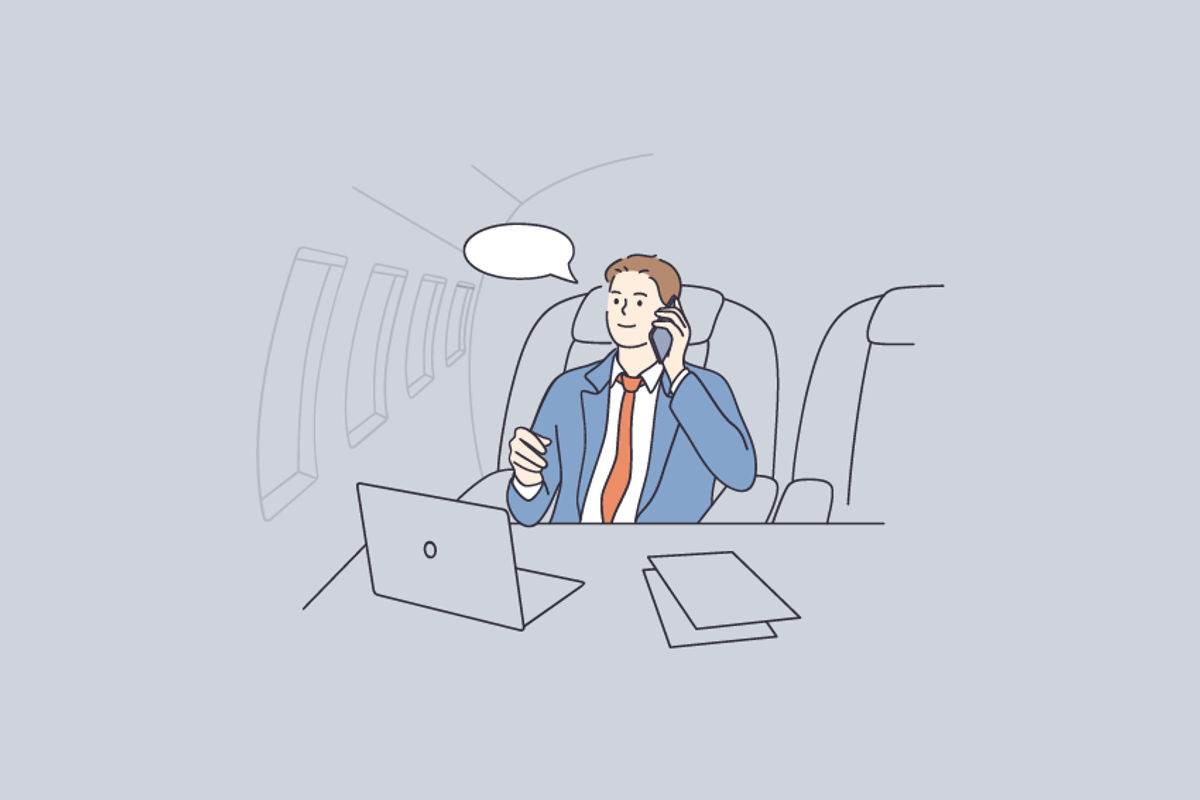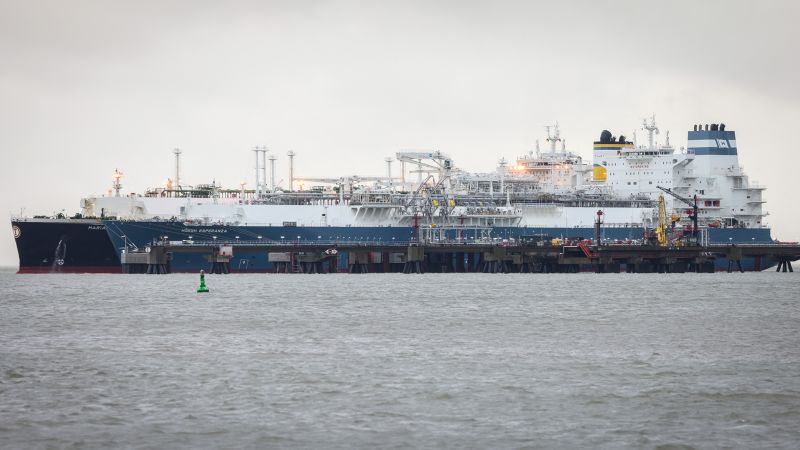Travel
Merge ahead?

Options, options, options – be smart
Head of the global meetings and travel centre of excellence at pharmaceutical company Takeda, Michelle DeCosta is getting her hands around the travel spend associated with meetings and will soon provide a new technology option for smaller team meetings and internal gatherings that even Takeda’s best-in-class programme with a group of highly tenured travel and meetings professional knew they didn’t have covered.
“It was a gap,” she said. “There didn’t used to be a technology piece that could do this, so knowing there are now options catalyzed us to try to help.”
Takeda’s more traditional strategic meetings management programme focused on the “big events where you need a professional meeting manager to do the logistics, you need procurement and all these things.” But if someone came to the team and said they were interested in a room block, that was not a service DeCosta’s group could provide, and it was too small for procurement as well.
“So they’re a group where I don’t have any idea where we are with spend – and I know they need support. They’re not comfortable signing contracts, and we shouldn’t be asking them to do that,” she said. “We are a helping organisation, plus I want to make sure they’re using our preferred suppliers because those are going to give them the best service and experience.”
DeCosta is also taking steps to know more and direct more of the travel spend associated with the bigger, known events as well. Air travel, she said, is booked through a logistics company into which her group has not necessarily had full visibility into those bookings or the spend data.
To that end Takeda is engaging with a data firm Cerebri.ai to collect its meetings data from all different sources and combine that with travel to get a full view of what the company is really working with from a spend standpoint, from a supplier and market share standpoint and from a sustainability standpoint. DeCosta’s group set a goal of one year to do it – and, yes, it’s a big job.
So big, that the first attempt fizzled without the right technology and without the right resources. Today, however, the project has new life. “We feel really confident with the Cerebri team, and I hired somebody who will have this as all he does. He is dedicated to travel and meetings technology. I feel really good that I have someone to focus on this,” she said. But why – why is it so important? DeCosta has three reasons.
Stakeholder access and confidence: DeCosta said she wanted this as a foundational tool where stakeholders would have access to self-service data for duty of care, budgeting, tracking spend. And they need to have confidence that the data is accurate and actionable. Without complete meetings data, Takeda is missing a major piece of the puzzle.
Supplier management: “Meetings really is a different set of data,” said DeCosta. “And we’re not always necessarily using our preferred transient hotels for meetings, but it should be a part of the conversation at a higher level with the Marriotts and Hiltons of the world. Right now, I don’t think they’re looking at us through the lens of that combined spend. So I want to have that irrefutable data source that we can move forward with.”
Sustainability: Takeda has a strong track record on sustainability actions, but measuring the results of sustainability on the travel side has been elusive. “In order to put more pieces into play for sustainability, we have to be able to show analytics and show that the actions we are taking actually influence choice as the point of sale,” said DeCosta. “I also want to be able to show that when I pull a lever – whether it’s for supplier management or sustainability – I want to see the impact across my whole programme, not just part of it. The meetings piece is a big piece of my programme.”
Not everyone will have the same remit or resources as Takeda. But DeCosta was encouraging about getting meetings data in hand. “I think there are easy ways to start,” she said. “I even think there are some free tools out there that you can try and then level up to purchased tools when you think you find one that works for your programme.” The key, she said, was to do the projects that are within your resources to succeed at, because one success could initiate another… and another.










